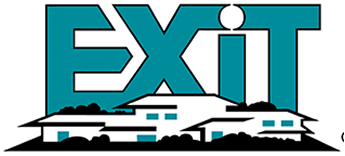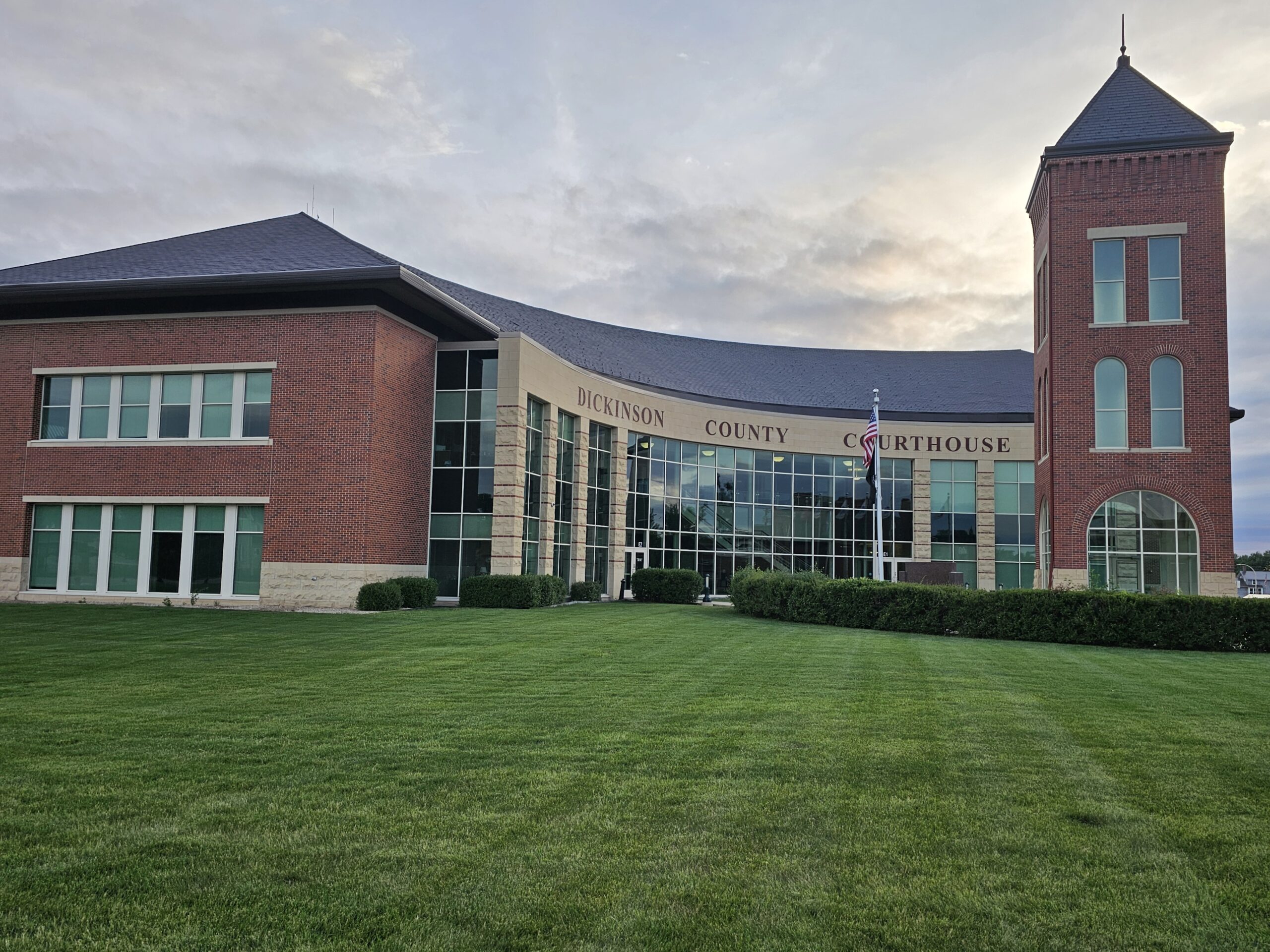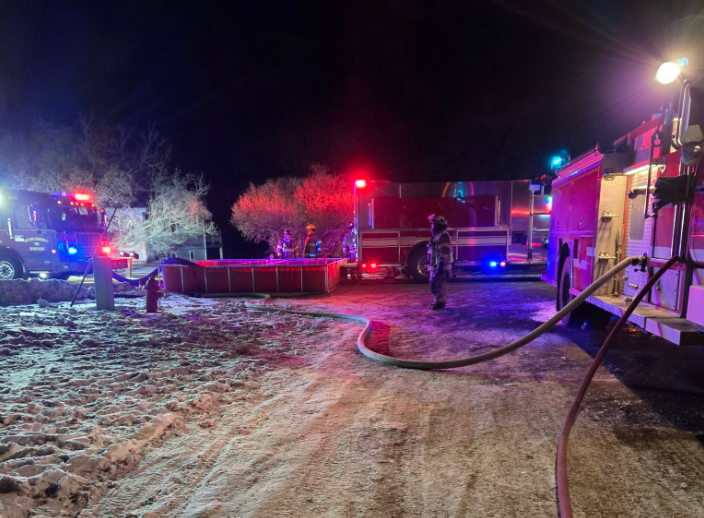(Spirit Lake)—A week set-a-side to recognize law enforcement dispatchers and others who work in the telecommunications industry is winding down today (Fri.). This week has been National Telecommunications Week. Jared Fischer supervises the dispatching staff at the Dickinson County Communications Center. He tells KUOO news there are six full-time dispatchers on the staff in the center, which is in operation 24 hours a day, seven days a week…(click here for comment.) “In the afternoon, generally after 3:00, we usually have two on until about 3:00 in the morning. It kind of depends on the schedule. Day-to-day operations are our emergency line is 911 of course, administrative lines and cell phones and then we have our administrative regular line which is 2525, taking calls for service, working with the jailers day-to-day, working with weapon permits, taking regular and normal calls for service, ambulance calls, fire calls, alarm calls, dealing with the clerk of court on warrants, protection orders. And then we also do if we need to stolen vehicles, we enter those. Stolen articles, computers, guns, stuff like that.”
And like many other businesses and trades in the lakes area, Fischer says the communications center is also gearing up for its busiest months of the year, which are soon to be upon us…(click here for comment.) “Last year we had over 15,000 calls for service. Usually after Walleye Weekend is when everything kind of starts picking up and the traffic starts getting heavier, traffic stops are more and our calls for service go up to with the amount of people.”
Fischer, who’s been a dispatcher 14 years, says there have been a lot of changes over those years, especially when it comes to technology…(click here for comment.) “The biggest change is probably our cad program, our mapping. More streets. Officers, you know we have a new change of officers. They’re very active, keeping us busy. State computer, new changes in that; technologies in our 911 mapping. When you dial 911 on your cell phone, depending on the cell phone, depending on how good the signal is and stuff like that we can pinpoint where you are if you don’t know where you are, we have the technology. We’re looking at pictometry soon to help us with that; MOCK program, we’ve got that program, kind of like GPS, we know where our cars are at, state patrol…where they’re at, IDOT, so that’s been an advantage, too.”
Fischer says dispatchers also now have the ability to instant message officers.
Fischer is quick to point out the job of a law enforcement dispatcher isn’t cut out for everyone. He says you have to be able to multi task and have a high level of stress and still be able to effectively do your job. Because of that, Fischer says only about two percent of the population is actually able to successfully enter the profession.




















